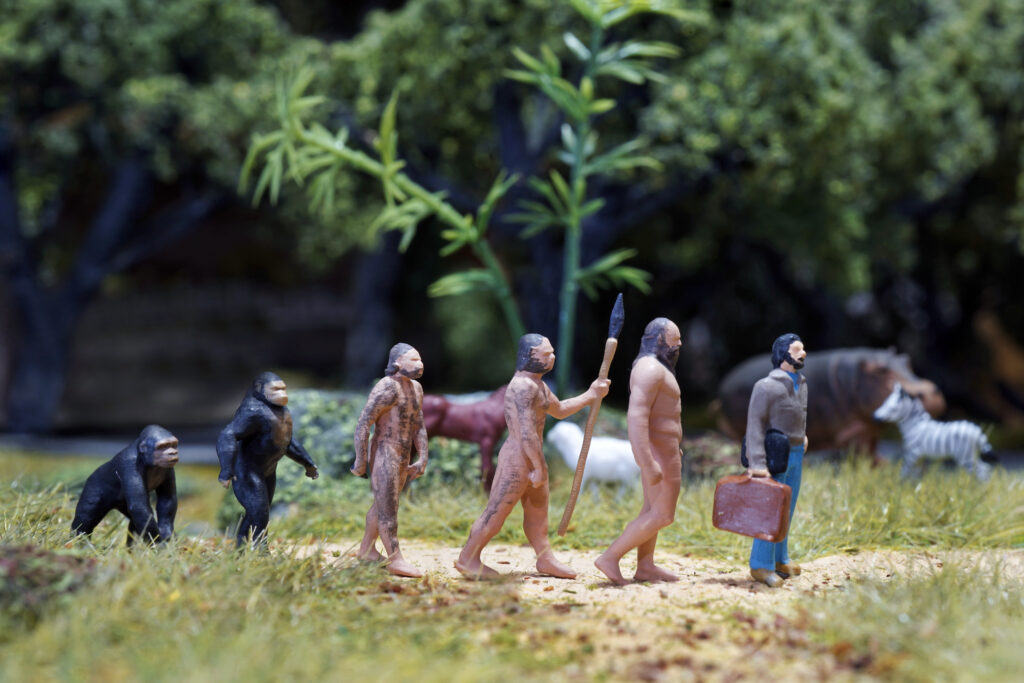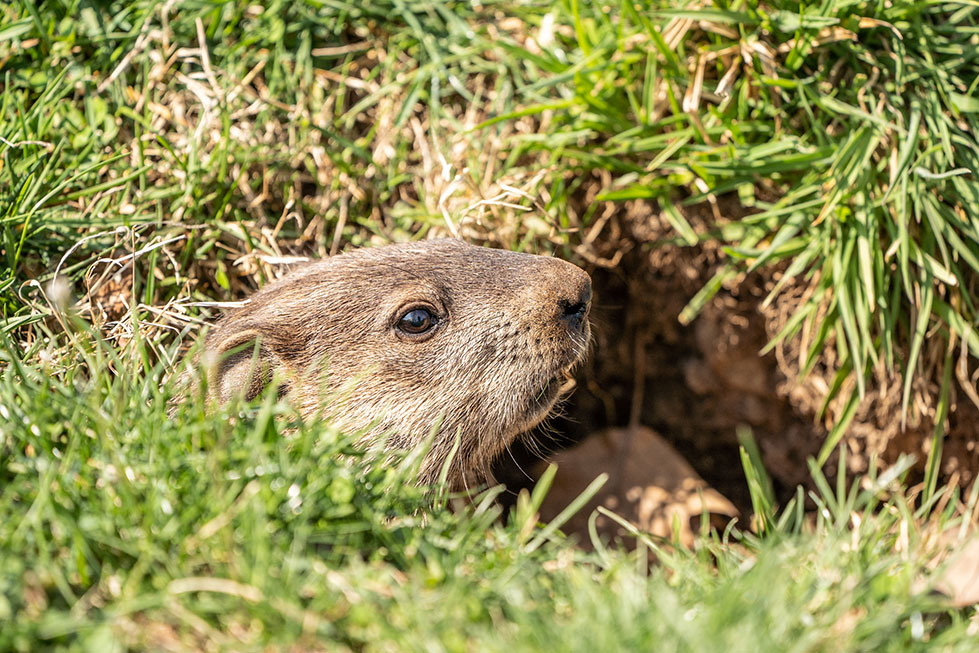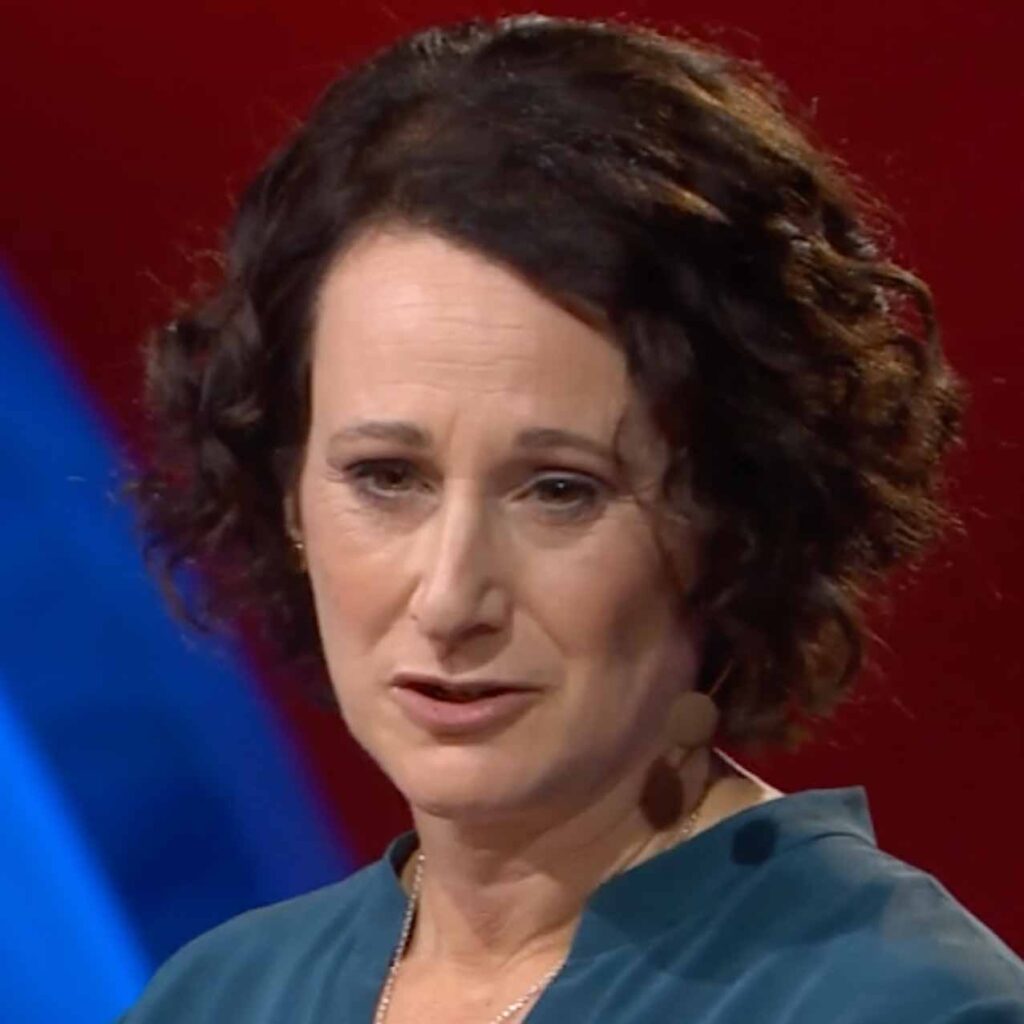
Once upon a time, on the planet Earth, some school children arrived from the planet Pop. They were on a trip to Earth to see what it was like, and to see what good and bad points its inhabitants had. They had been asked to investigate and make notes of things they thought were being done that were good, and those which they thought were bad. Good ideas could be used on Pop, and things that proved to be bad they could learn to avoid.
“Children!” called one of the teachers. “Now don’t forget, the species in charge here on Earth are quite like us. Their species name is ‘human’. They have two legs like us, but don’t forget they only have two arms, so don’t scream the first time you see one because you think a pair of arms have fallen off.”
The children laughed.
“Only a few people on Pop understand their language, so don’t worry that you won’t. Best to keep hidden and avoid trying to communicate with them. They have faces like ours, and apparently, they smile as we do. So, if you come across any and they look alarmed, just smile, then scarper. OK?”
“Miss,” called one of the children. “Will they eat us? “
“Do they eat each other?” asked another child.
“I heard they did!” announced a third.
“Children! No!” the teacher broke in. “They don’t eat each other, so I’m sure they won’t want to eat you. Just smile, and they may think you’re one of them!”
“But they eat some of the species on the planet, don’t they, Miss? “Yes, they do. They are a primitive bunch. They don’t seem to recognise that some species are alive, just like they are, and have feelings, and have the right to live too,” the teacher explained.
“Eurgh!” laughed several children at once. After a bit more reassurance, the children split into two groups and went off to investigate this different world, with a teacher in charge of each team. It wasn’t long before one team spotted a couple of humans in the distance, so they ducked down behind a hedge. “What’s that creature with the humans, Miss?” asked one child. “That’s a dog,” she informed them. “Humans like to live with dogs, although not all of them do. They are pets. The humans here have pets like we do.” Another child asked, “Do they eat their pets?” “No. Although sometimes they keep animals at their homes and eat them, but mostly the animals they eat are kept on farms.” “Do the animals eat their other food, you know, the stuff they grow?” “Some of it,” explained the teacher. “They grow certain crops for the edible animals to eat in the wintertime, when there is not so much natural food about for them, and in other places they grow food plants for themselves.”
One of the children giggled. “That’s a bit daft, isn’t it? They use part of a farm to keep the animals, and another part to grow the animals’ food. So they don’t have so much room left to grow their own food. Or do they have huge farms here and don’t have to worry about how much space they use up?” “No,” said the teacher. “Their land is quite precious. It’s a bit in short supply. Like on Pop they need to grow plants as part of their eco-system. And of course, it’s nice to have plenty of open space. But they still have to build places to live, and they have roads, a bit like we do.”
“They’re silly, these humans!”, a thoughtful child spoke up. “If they didn’t eat animals, which is yucky anyway, they would have more land for their own food, or their homes, or roads, or just for nature!”
The teacher brought a writing pad out of her bag and tapped out the child’s name. “Very good”, she said. “We can make that our first point of something the people of Earth do that is bad, or silly. They would not be so short of land if they didn’t eat animals.”
“Miss, is it like on Pop where the animals and the humans breathe in oxygen and breathe out carbon dioxide?” “Just like on Plop,” said the teacher with a smile. “That’s why we are able to breathe here.”
Another child asked, “Do their plants make oxygen like ours do? “Yes.”
“And use up carbon dioxide?” “Yes. So, animals and plants need each other to survive, just like on Pop.”
“They’re even more daft, then,” said one of the children. “They let their animals use up oxygen and let off carbon dioxide, and then they just eat them. They’d be better just growing plants to eat, because while they are growing, they’re also making oxygen and get rid of the carbon dioxide!”
“Very true,” agreed the teacher, writing it down. “That’s another point we can add, another bad (or silly) thing!”
Meanwhile the other team and their teacher had gone in a different direction. “What’s that over there?” asked one of the children. “That? Oh, I think that’s a power station,” replied the teacher. “What’s a power station?” the same child asked. “Well, they use electricity mostly as energy for all their machines, and lighting and so on. You know about electricity?” “Yes.” “Of course.”
“They use it like we do, but we mostly use hydrogen. They make electricity from coal and gas and oil,” said the teacher. “Why is it so smoky and stinky?” the children asked. “They are making the electricity from burning the coal and gas and oil.” “That’s bonkers!” exclaimed the children. “Why don’t they just make it from the sun or the wind or the waves?” “They are only just learning how to do that,” replied the teacher. “How strange.” “That’s something we can put on our list, isn’t it? A bad thing. They use energy from some things, to make energy to use elsewhere!” The teacher said, making a note. “And it pollutes the air, doesn’t it? It’s stinky. I would cough if I was nearer it,” a child observed, and others agreed.
In the distance the children spotted a lorry. One of them asked, “Has that lorry just come from the stinky place. Did it get charged up with the electricity they’re making there?” “No,” said the teacher. “They have charging places, a bit like ours. But it probably isn’t even run by electricity. It’s probably fuelled by diesel or petrol, which is made from oil. You’d be able to smell it if we were a bit closer.” “It’s a good job there aren’t many about!” exclaimed one of the children.“Ah! Now children, I think both groups better go and visit a motorway!”
The children and their teachers returned to the planet Pop and regaled the other children with their findings that Earth was both stinky and irrational – and they were right!
*From the last verse of Robert Burns’ poem ‘To A Louse‘:
O wad some Power the giftie gie us To see oursels as ithers see us! It wad frae mony a blunder free us, An' foolish notion: What airs in dress an' gait wad lea'e us, An' ev'n devotion!


